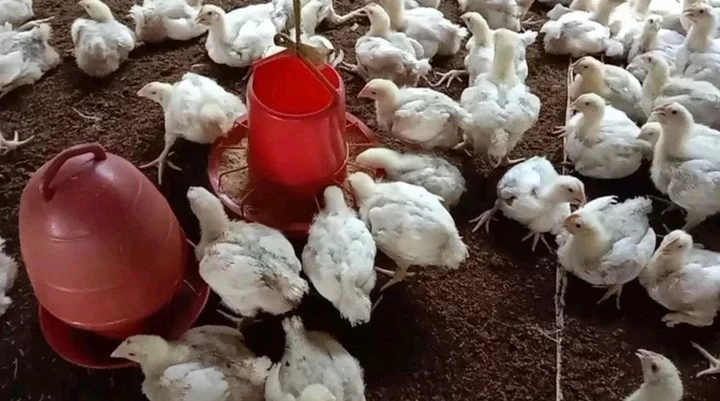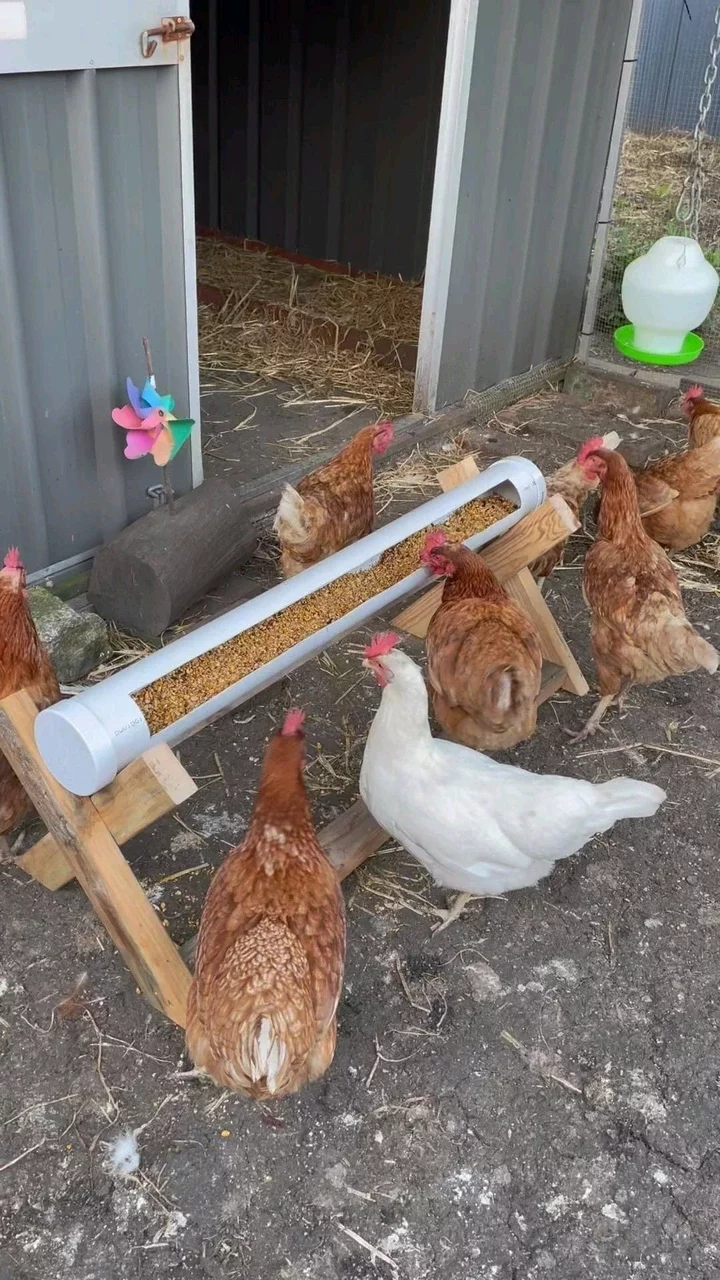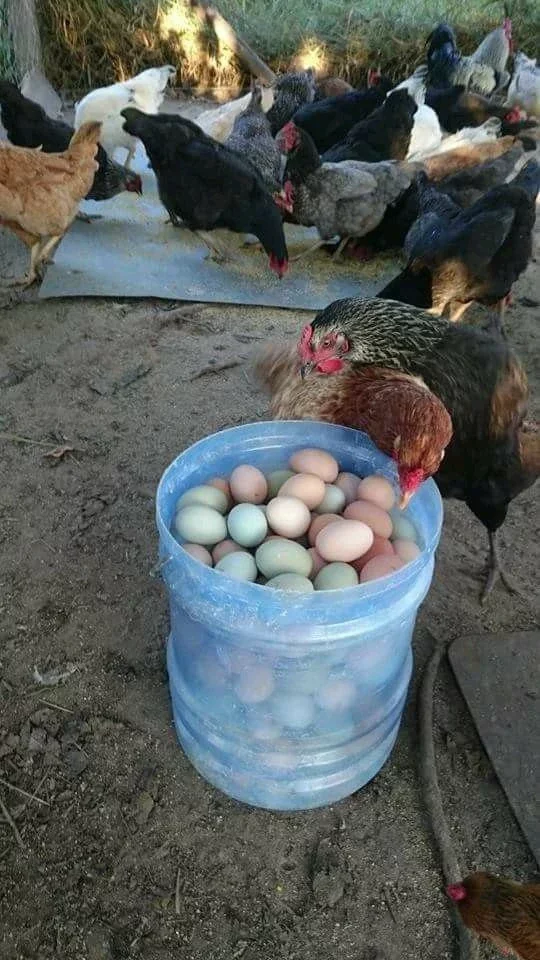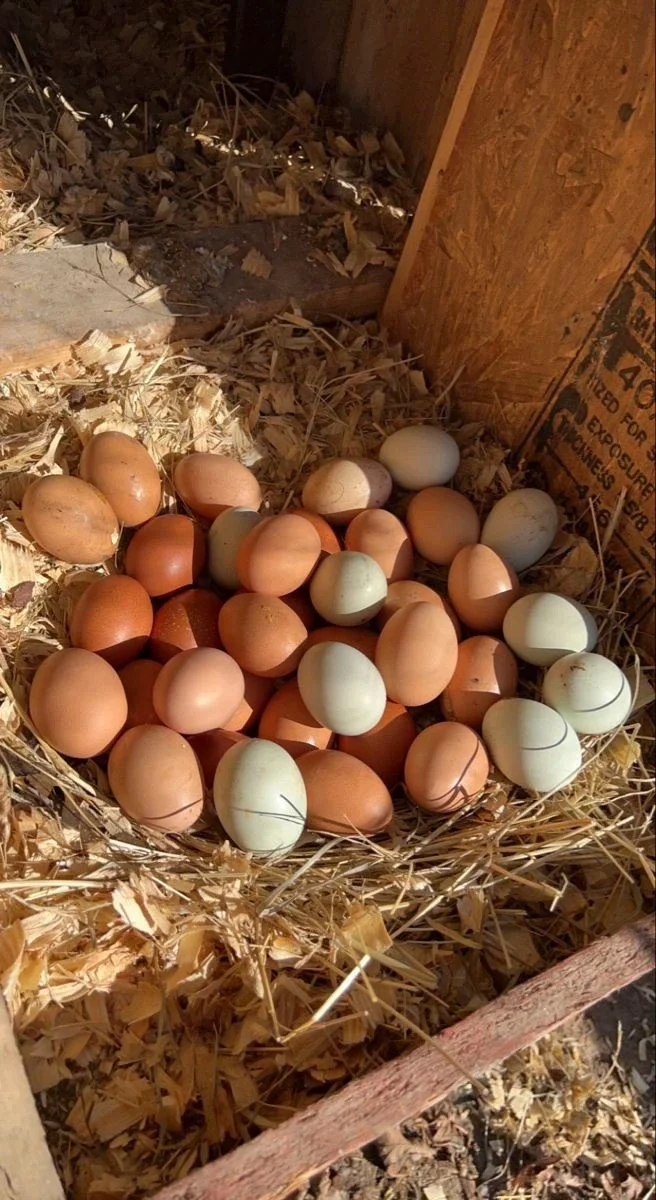
Having a smaller place should not deter you from starting a profitable chicken business. With careful planning and smart strategies, you can successfully keep chickens even in limited space.
Whether you have a small backyard or live in an urban setting, here are some effective tips to help you keep your chickens for business:
1. Choose the right breed: When space is limited, it is crucial to select a chicken breed that is suitable for confined areas. Bantam chickens are an ideal choice as they are smaller in size and require less space compared to standard breeds.
They are also known for their productivity and adaptability, making them perfect for small-scale chicken keeping.

2. Optimize the layout: Make the most of your available space by planning the layout efficiently. Utilize vertical spaces by using tall structures such as tiered coops or stacking cages. These space-saving designs will allow you to accommodate more chickens without compromising their well-being.
3. Construct a suitable coop: Building a well-designed coop is essential for the comfort and safety of your chickens. Ensure that the coop is sturdy, predator-proof, and properly ventilated. If space is limited, consider incorporating multi-level housing to maximize the use of vertical space.
Additionally, provide nesting boxes and perches for your chickens to encourage natural behaviour and ensure their well-being.
4. Implement a rotational grazing system: If you have access to a small outdoor area, implementing a rotational grazing system is a great way to optimize space. Divide the available area into multiple sections and rotate the chickens regularly.
This allows the land to regenerate between rotations, providing fresh grass and insects for the chickens to eat. It also helps to prevent overgrazing and keeps the area clean.

5. Utilize portable coops: Portable chicken coops, often referred to as chicken tractors, are another practical solution for small-scale chicken keeping. These coops can be easily moved around the property, allowing chickens to graze on fresh grass regularly.
This method not only ensures that chickens have a healthy and varied diet but also prevents the area from becoming overburdened with waste.
6. Utilize vertical gardening: Integrating vertical gardening with chicken keeping is a smart way to make the most of limited space. Hang planter pots or create vertical garden beds along the walls or fences of the chicken area.
This not only provides fresh herbs, greens, and vegetables for your chickens but also enhances the aesthetic appeal of your space.

7. Practice waste management: Efficient waste management is crucial when space is limited. Regularly clean the coop to maintain cleanliness and prevent the buildup of ammonia.
Compost chicken manure and bedding materials to create nutrient-rich fertilizer for your garden or potted plants. Recycling chicken waste not only reduces waste but also provides a sustainable and eco-friendly solution.
In conclusion, keeping chickens for business in a smaller place is entirely feasible with the right approach.
By selecting suitable chicken breeds, optimizing space, implementing rotational grazing, utilizing portable coops, integrating vertical gardening, and practising effective waste management, you can achieve a successful and profitable chicken business, regardless of your limited space.

















Comments